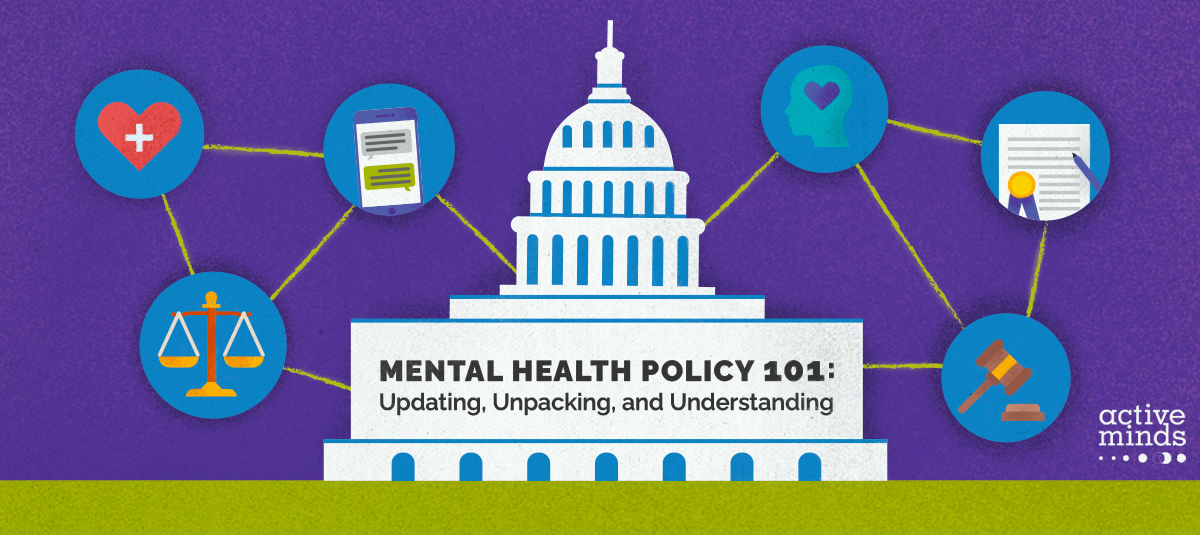In 2020, the Arizona State Legislature passed Jake’s Law, a multi-faceted piece of legislation aimed at increasing access to behavioral health services (including mental healthcare) in schools, improving mental health parity in health insurance, and reevaluating the state of youth mental health in the state of Arizona. This included the establishment of an $8,000,000 fund to cover school-based behavioral health services for any uninsured or underinsured student referred to services by their school. Highlighting the urgency of initiatives like Jake’s Law, recent data from Arizona in 2022 revealed that a significant 67% of mental health conversations and crisis interventions involved individuals under the age of 25, underscoring the profound impact of mental health challenges on this young demographic. As these numbers continue to rise, Jake’s Law has been instrumental in improving Arizona’s youth and young adult mental health, making it easier than ever for students to access much-needed mental health services. Now, it’s up to advocates nationwide to fight for the continued funding of programs like Jake’s Law and for legislation that puts our youth and young adult mental health first.
Storytelling and Advocacy Fuel Change
Jake’s Law is named after Jake Machovsky, a 15-year-old who died by suicide in 2016 after his family’s health insurance denied them coverage for a much-needed inpatient stay. Jake’s story revealed a need for change in mental healthcare, and his friends and family were mobilized to prevent future tragedies due to an inability to access needed help. In 2020, after testifying in front of the state legislature, gaining public support, and advocating for years, Jake’s Law was passed.
Direct advocacy for legislative change is essential to changing the conversation around mental health. We learn repeatedly that storytelling is an incredibly effective tool for this advocacy work — the story of Jake’s Law is just another example. By sharing Jake’s story, advocates demonstrated that change was urgently needed.
Opportunities for Mental Health Advocacy are Everywhere
Mental health advocacy is needed at every level of the policymaking ladder — at school governing boards and administrations, city and town councils, county boards of supervisors, state legislatures, and even the United States Congress. It can be tempting to seek advocacy opportunities at the higher levels of government. Still, local advocacy is just as, if not more, important (and often is more accessible and responsive).
When you find an important cause, learn as much as possible about the issue, gather like-minded advocates, and contact those with the power to make the change you want to see. Speaking at public meetings, making phone calls, and writing letters all make a difference. Above all, don’t forget to share your story, why the cause is important to you, and how it will improve your community.
Evokate is a really useful tool for learning where to start on mental health advocacy. It can point you toward advocacy resources sorted by topic, time commitment, and more! The best part is this tool was developed by a group of young adult mental health advocates, making it even more accessible to those just getting started with mental health advocacy.
Our Stories Demand a Call to Action
Youth and young adult voices are critical in this field, as stories from those directly affected by a particular cause are often the most compelling. With a majority of mental illnesses starting between the ages of 14 and 24, students have lived mental health experiences on hand that can mobilize advocates and motivate legislators to create change. Our stories empower us to fight for the changes in youth and young adult mental health legislation we desire, and they can do the same to those in power when we communicate them in our advocacy.
We need those in power to know that the state of student mental health is improving, but further change at the policy level can significantly expedite this process, saving lives today, not tomorrow. Increasing the accessibility of mental healthcare, as has been done by Jake’s Law in Arizona, is a great place to start. With 50% of us struggling with a mental health condition at some point in our lives, too many students nationwide have stories of struggle and loss. We demand urgent changes that improve mental health and invest in our future — our mental health stories make that clear.




